Theodore Roosevelt, often called “Teddy” by the public, was one of the most dynamic and influential presidents in American history. Serving as the 26th President of the United States from 1901 to 1909, Roosevelt left a lasting impact on politics, conservation, foreign policy, and the role of government in American life. He was known for his energetic personality, love of the outdoors, and commitment to justice and reform.
Born into a wealthy family, Roosevelt did not let his privileged background stop him from understanding the needs of ordinary Americans. He believed in using government power to protect the public from corruption, monopolies, and social injustice. His belief in the “Square Deal” — a fair opportunity for all citizens — guided many of his decisions as president. This article explores the life, achievements, and legacy of Theodore Roosevelt in multiple aspects of his career and character.
Early Life and Education
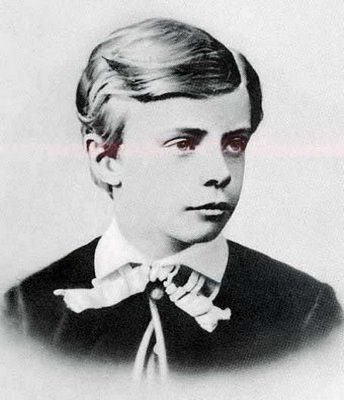
Theodore Roosevelt was born on October 27, 1858, in New York City. He was a sickly child, suffering from asthma and other health issues that kept him indoors for much of his early life. Despite his physical challenges, young Theodore was determined to become strong and healthy. He took up exercise, boxing, and outdoor activities to build his body and improve his stamina.
Roosevelt was homeschooled by tutors and developed a love for reading, especially about history, nature, and military heroes. His father, Theodore Roosevelt Sr., was a successful businessman and philanthropist who inspired his son to be active in public service. Roosevelt’s mother, Martha Bulloch Roosevelt, was a Southern belle with a lively personality, adding to the energetic spirit of the Roosevelt household.
He attended Harvard University, where he studied biology, history, and politics. During his time at Harvard, Roosevelt experienced both academic success and personal tragedy when his father died suddenly. After graduating, he briefly attended Columbia Law School but soon decided that politics was his true calling.
Political Rise and Early Reforms
Roosevelt began his political career in the New York State Assembly, where he quickly earned a reputation as a reformer. He fought against political corruption and supported legislation that protected working-class citizens. After serving several terms in the Assembly, Roosevelt took time off from politics following the deaths of his first wife, Alice Hathaway Lee, and his mother on the same day in 1884.
Grieving and seeking peace, Roosevelt moved to the Badlands of North Dakota, where he lived as a cowboy and rancher. This period of his life helped him connect with the American frontier spirit and furthered his love for the outdoors. When he returned to public life, he had a new sense of strength and purpose.
He served in several important roles before becoming president, including U.S. Civil Service Commissioner, New York City Police Commissioner, and Assistant Secretary of the Navy. Each position allowed him to push for reforms and demonstrate strong leadership. He resigned from the Navy post to lead the Rough Riders in the Spanish-American War, gaining national fame for his role in the Battle of San Juan Hill.
Becoming President
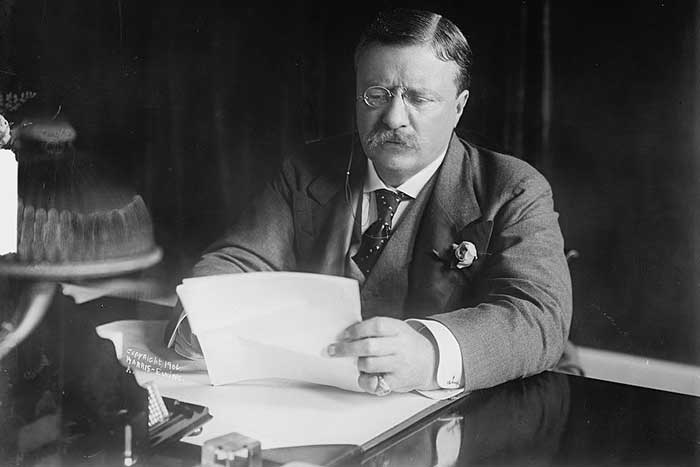
Theodore Roosevelt became vice president under President William McKinley in 1901. However, McKinley was assassinated just months into his second term, and Roosevelt suddenly found himself the youngest president in U.S. history at age 42. Despite his youth, Roosevelt took on the job with confidence and ambition.
Roosevelt quickly showed he would be a different kind of leader. He challenged powerful business trusts that he believed hurt the public interest. His administration brought lawsuits against monopolies under the Sherman Antitrust Act, earning him the nickname “Trust Buster.” He believed that large corporations should be regulated to ensure fairness and protect consumers.
One of Roosevelt’s main goals was to create a “Square Deal” for all Americans. This included better conditions for workers, safer food and drugs, and protections for consumers. His support for labor unions during the 1902 coal strike was groundbreaking. Instead of siding with the business owners, he brought both sides together and helped negotiate a fair settlement.
Conservation and the Environment
Roosevelt was a passionate conservationist who believed that America’s natural resources should be preserved for future generations. He created the United States Forest Service in 1905 and signed into law five national parks, 18 national monuments, and 150 national forests. In total, he protected approximately 230 million acres of public land.
He worked closely with naturalist John Muir and other conservation leaders to protect wildlife and natural habitats. Roosevelt believed that conservation was not just about preserving beauty, but about ensuring the country’s long-term prosperity. His efforts laid the foundation for the modern environmental movement and national park system.
Roosevelt also used his influence to raise public awareness about environmental issues. He went on speaking tours, wrote articles and books about nature, and promoted outdoor education. His love of hunting, hiking, and exploring helped him connect with people who might not otherwise have cared about conservation.
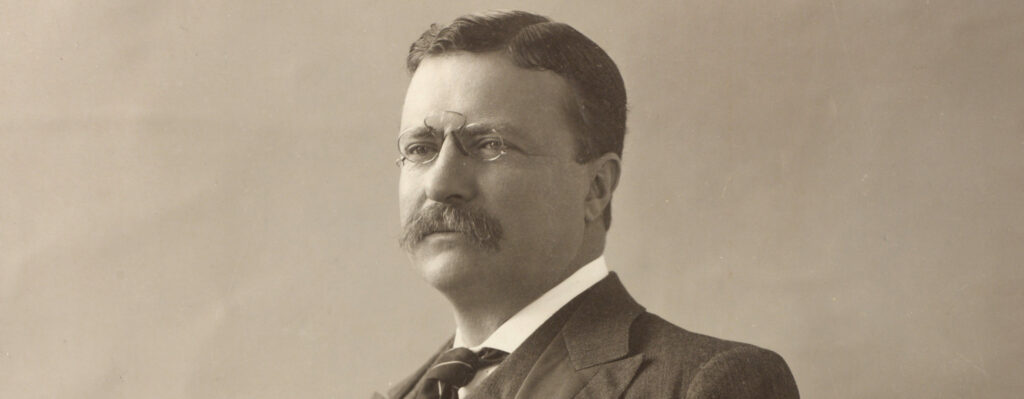
Foreign Policy and Global Leadership
Theodore Roosevelt played a key role in expanding America’s influence on the world stage. He believed that the United States should be a powerful nation that stood up for its interests while also promoting peace and fairness. His famous foreign policy phrase, “Speak softly and carry a big stick,” summed up his belief in negotiating peacefully while maintaining strong military power.
Roosevelt helped end the Russo-Japanese War in 1905, an achievement that earned him the Nobel Peace Prize — the first American to receive the honor. He also oversaw the construction of the Panama Canal, which connected the Atlantic and Pacific Oceans and boosted global trade. Building the canal was a massive project that required engineering skill, international diplomacy, and disease control.
Roosevelt strengthened the U.S. Navy and believed in preparing the nation for global leadership. He sent the Great White Fleet, a group of American battleships, on a world tour to demonstrate the country’s growing power. This move was both a show of strength and a diplomatic gesture to build international relationships.
Later Years and Legacy
After leaving office in 1909, Roosevelt traveled the world, including a safari in Africa and a tour of Europe. He remained active in politics and ran for president again in 1912 under the Progressive Party, also known as the “Bull Moose Party.” Although he lost the election, his campaign introduced many progressive ideas, including women’s suffrage, social welfare programs, and stronger labor protections.
Roosevelt continued to write books and articles about politics, nature, and history. He remained a popular public figure until his death on January 6, 1919. Even after his passing, his legacy lived on through the reforms he championed and the public lands he helped protect.
Today, Theodore Roosevelt is remembered as one of America’s most influential and energetic presidents. His face is carved into Mount Rushmore alongside George Washington, Thomas Jefferson, and Abraham Lincoln — a testament to his lasting impact on the nation.
Conclusion
Theodore Roosevelt was more than just a president — he was a symbol of American energy, courage, and vision. From fighting corruption to protecting nature and leading the U.S. into the modern age, Roosevelt changed the way Americans thought about their government and their place in the world.
He showed that leadership requires action, integrity, and a willingness to fight for what is right, even when it is unpopular. His legacy can be seen in the national parks we visit, the consumer protections we enjoy, and the idea that government should serve the people. For students, citizens, and leaders alike, Theodore Roosevelt remains a powerful example of what it means to live a life of purpose and public service.

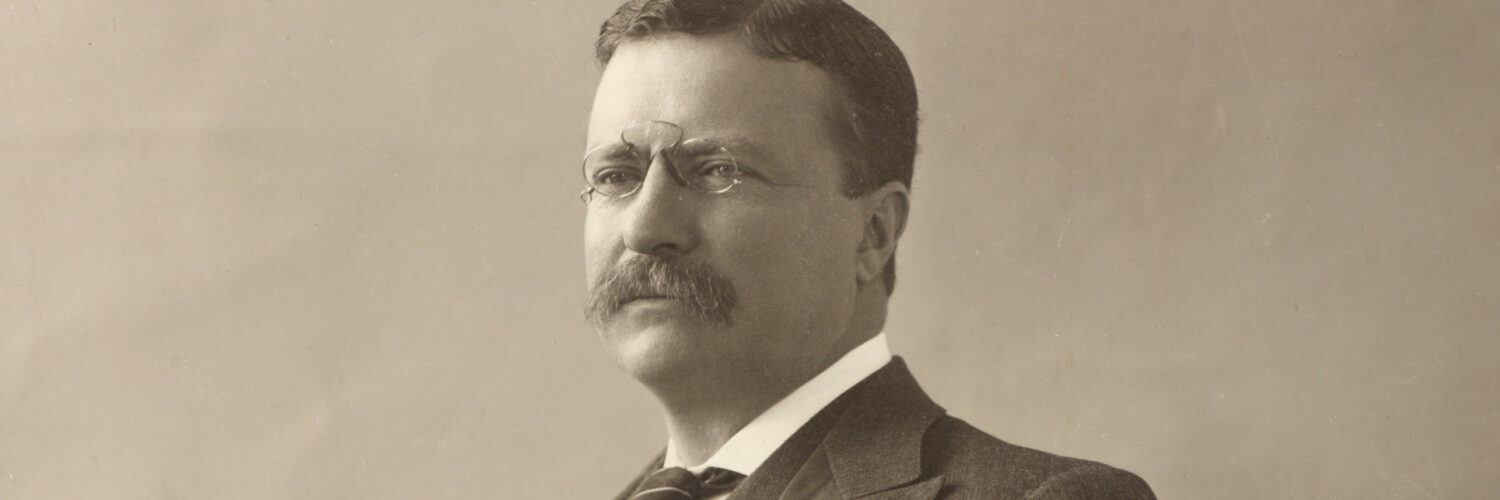
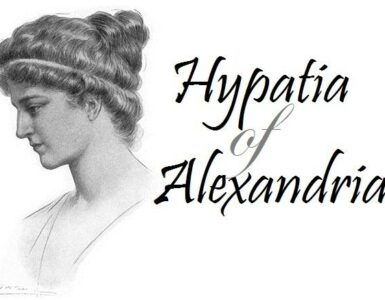
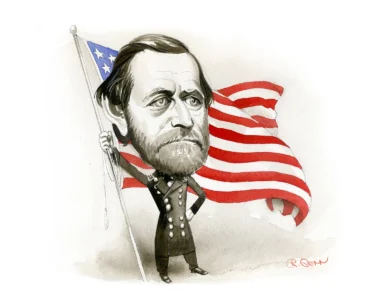
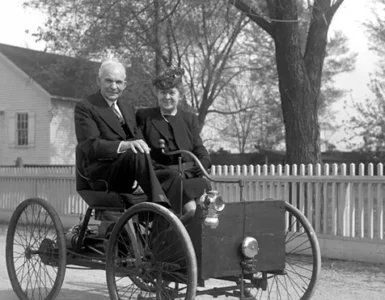
Add comment